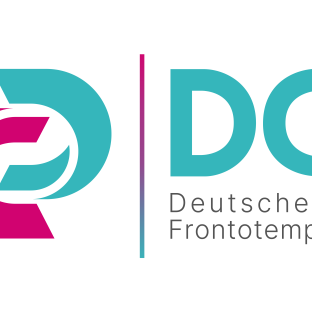Frontotemporal degeneration (FTD) is one of the rare causes of dementia. Those affected usually become ill at a relatively young age, often between 50 and 65 years of age, and sometimes much earlier. Atypically for dementia, the clinical picture initially presents itself with personality changes, changes in social behaviour, or even speech disorders - while memory and orientation usually remain unaffected until the later stages of disease. Due to the young age of onset and the significantly different symptoms associated with FTD, people living with this condition and their families require specialised services and, above all, counsellors, doctors, therapists, and nursing staff who are familiar with the disease.
The German Alzheimer's Society (Deutsche Alzheimer Gesellschaft; DAlzG) has been actively involved for more than 20 years in raising awareness of FTD, providing information, and supporting the development of FTD support groups for people affected and their families. In their “Alzheimer Info” magazine published earlier this year, our colleagues at DAlzG featured an article on a newly-established society called the German Society for Frontotemporal Degeneration (DGFTD). The DGFTD was founded in 2024, to further advance awareness, networking, and the expansion of services for FTD. The main goals of the organisation are public relations, promoting the visibility of care services, building a network of all FTD experts in Germany, and creating training opportunities for physicians, nurses, counsellors, and family members. It also aims to support the development of new care and treatment options.
Financial support for families in particularly difficult cases may be available at a later date, depending on the success of their ongoing fundraising campaign. The DGFTD website provides a nationwide overview of services for diagnostics and medical support, care and support, counselling centres, and support groups for people affected by FTD. A list of online and in-person events can be found on the homepage, and a subpage provides information on current research studies on FTD in Germany. The DAlzG welcomes this new offering from the DGFTD, explaining that they will work together as closely as possible to raise awareness of the disease pattern of frontotemporal degeneration and its unique challenges, and to develop support services. Visit the DGFTD website (in German): https://www.dgftd.de/
